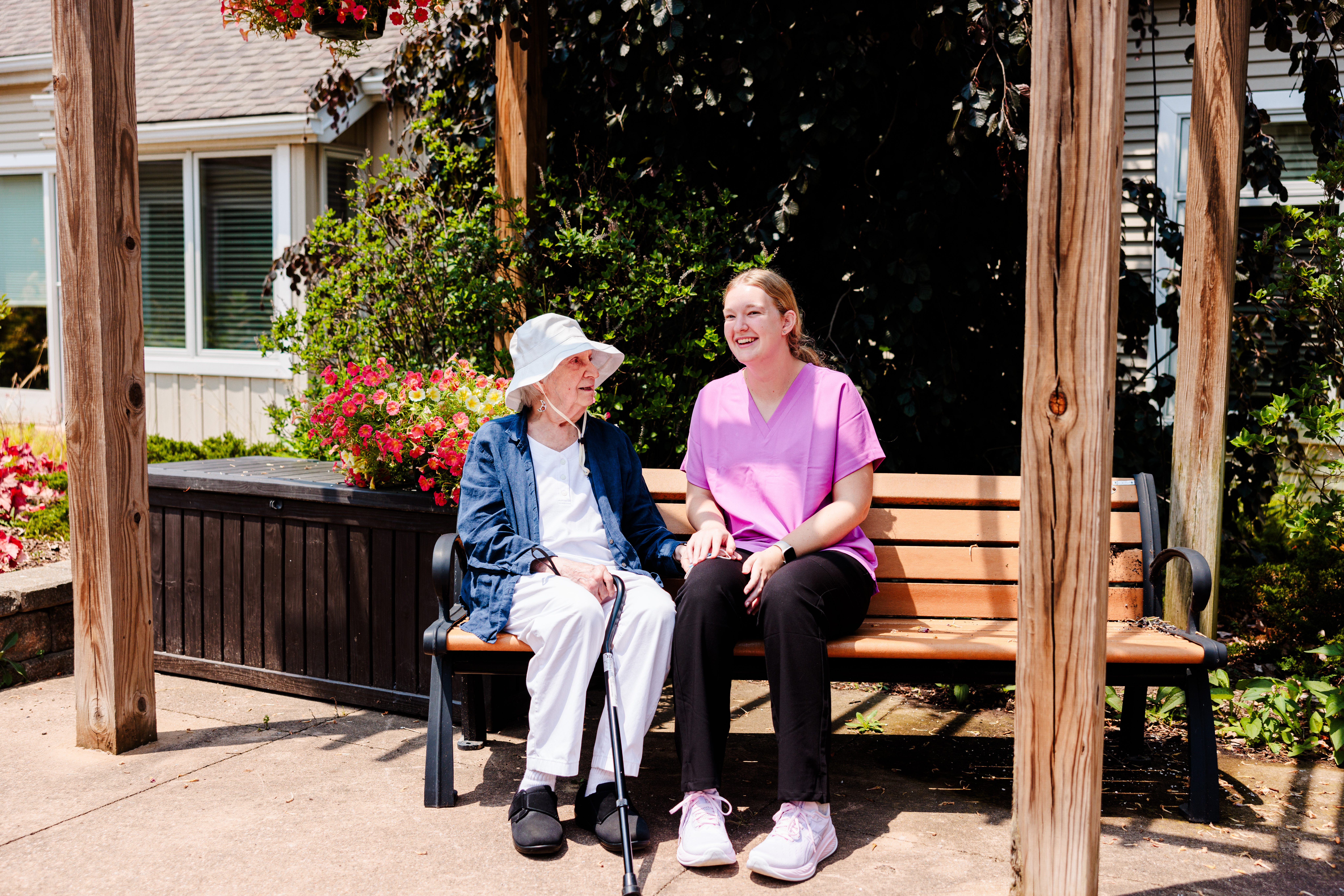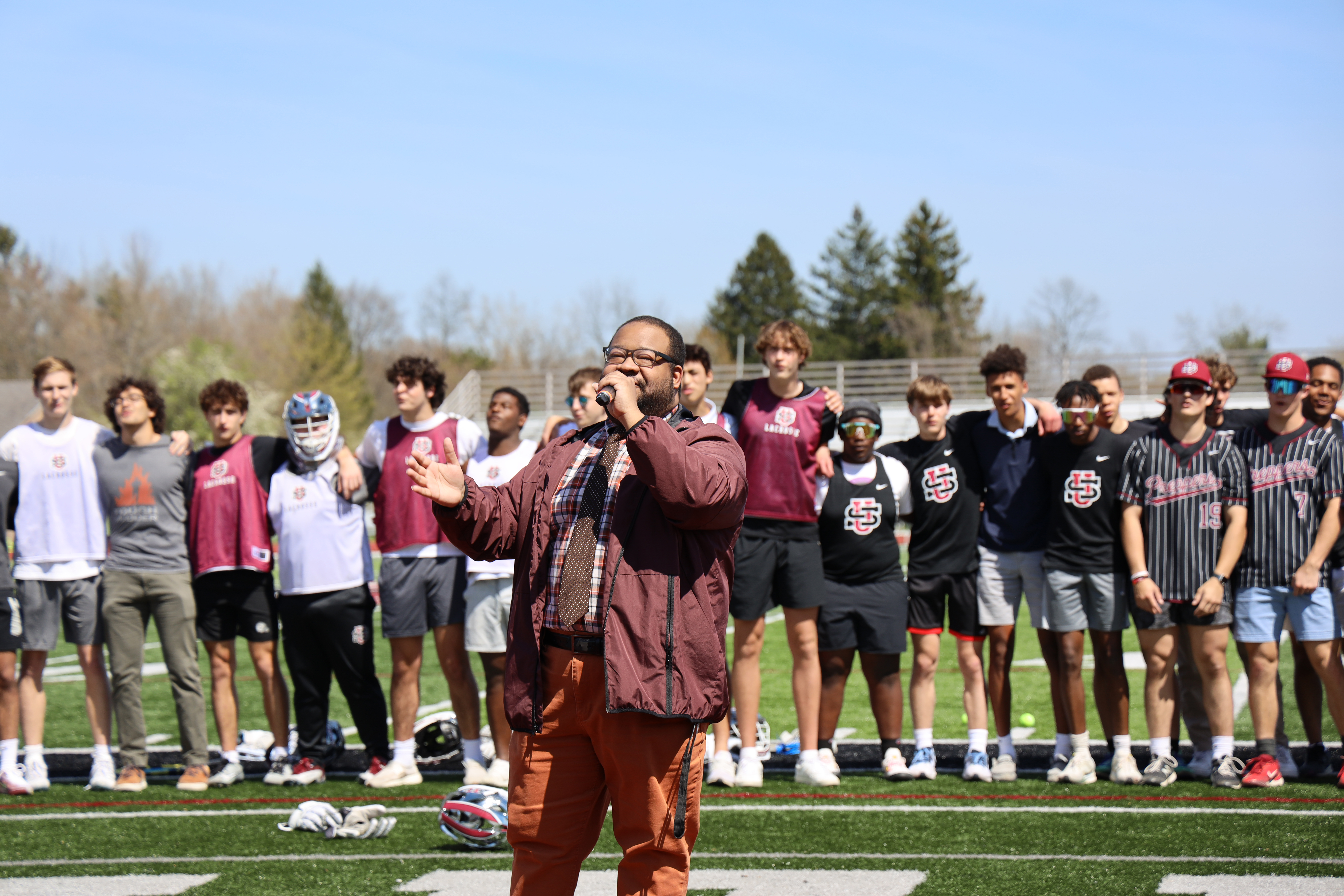Ladies in Red
This month we tip our hats to fourwomen living life the heart-healthy way.
by Myra Orenstein | Jan. 31, 2006 | 5:00 AM
It was a Saturday morning in July 1997. Lillian V. Jones-Tubbs, a nurse at MetroHealth's Clement Center, thought about what to wear to work. Standing at her closet, one arm against the door frame, she surveyed her options. Suddenly, her left side went dead. Jones-Tubbs fell against the door frame. Recovering, she realized she couldn't move her left side.Jones-Tubbs stayed on the floor about 10 minutes until the incident had passed. Slowly she regained the ability to wiggle her fingers and toes. Progressively the majority of the feeling came back. Within a half hour she was moving. She got dressed and went to work - something she also did the week that followed.
Some may say that as a nursing manager and staff nurse she should have known better. There had been warning signs, the most obvious a blood pressure reading of 200/110 six months earlier. Instead, like most of us, she went into denial.
"I stayed in my office that week," she says. "I knew but I didn't want to know. The weakness on my left side was unnoticeable so no one assumed anything was wrong."
A visit to a doctor in the building led to her being admitted to the hospital.
Following a normal EKG, her doctor ordered an echocardiogram. While the first part showed no signs of irregularity, the answer appeared at the end. Air had been injected into an IV tube. And, as her doctor watched the air bubble's progress through her heart, he discovered a hole.
Jones-Tubbs had no prior history of heart problems.
She was put on medication and underwent physical therapy for about a year. "I'm almost back to normal," she says, "although there is a slight facial droop. Most people wouldn't notice. I've been very blessed."
Now 58 years old and 20 pounds lighter, she remains on a low-cholesterol diet. She works as many as seven days a week as a family practice nurse at two jobs.
"I should have known there was a problem when my blood pressure went up, and [I should have] watched my diet and weight," she says. "But the hole in my heart is a big mystery."
As a professional and stroke survivor, she offers a bit of advice. "We pay attention to our kids and don't pay much attention to ourselves. We need to be more cognizant of ourselves, health-wise," she says. "If there's a family history of hypertension, get checked out frequently.
Watch your weight, diet and cholesterol. If you experience stroke symptoms, seek medical attention immediately by calling 911. Time lost is brain lost. Be proactive and learn as much as you can about the warning signs and risk factors of stroke."
Trending
-
1
-
2
-
3
-
4
-
5










